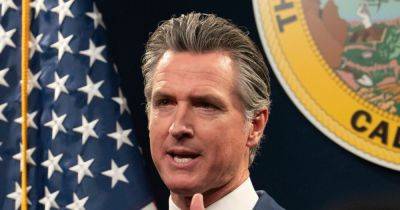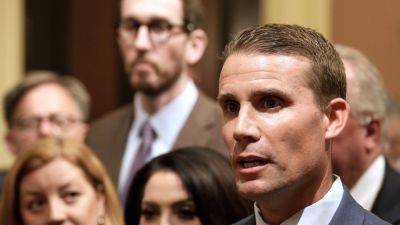California has a multibillion-dollar budget deficit. Here’s what you need to know
SACRAMENTO, Calif. (AP) — California has a huge budget problem that could force thorny decisions from Democratic leaders who enjoyed a more than $100 billion surplus just three years ago.
This is the second year in a row the nation’s most populous state is facing a multibillion-dollar shortfall. State revenues have continued to fall amid increasing inflation and a slowdown in the state’s usually robust technology industry.
Democratic Gov. Gavin Newsom on Friday announced his plan to address the deficit in the state’s budget. The release of his plan kicks off a budget negotiation marathon with Democratic lawmakers, who hold supermajorities in both chambers.
Newsom and lawmakers have until June 15 to pass a budget, or lawmakers don’t get paid.
HOW BIG IS THE BUDGET?
Newsom proposed a $288 billion spending plan on Friday for the fiscal year that starts July 1. That is well below the nearly $311 billion budget he signed into law last year. But it is still by far the largest of any state in the country. New York recently passed a $237 billion budget, and Texas and Florida spend far less annually.
WHAT ABOUT THE DEFICIT?
It’s complicated. Newsom announced on Friday a $26.7 billion deficit, but it’s really closer to $45 billion. That’s because Newsom didn’t include roughly $17.3 billion worth of actions he and lawmakers already agreed on. Those included a cut of $3.6 billion in primarily one-time funding to some school, welfare and climate programs. The plan also delays and defers about $5.2 billion in spending for various programs, including $1 billion to fund rail and public transit systems.
<bsp-list-loadmore data-module="" class=«PageListStandardB» data-gtm-region=«READ MORE» data-gtm-topic=«No Value» data-show-loadmore=«true»






